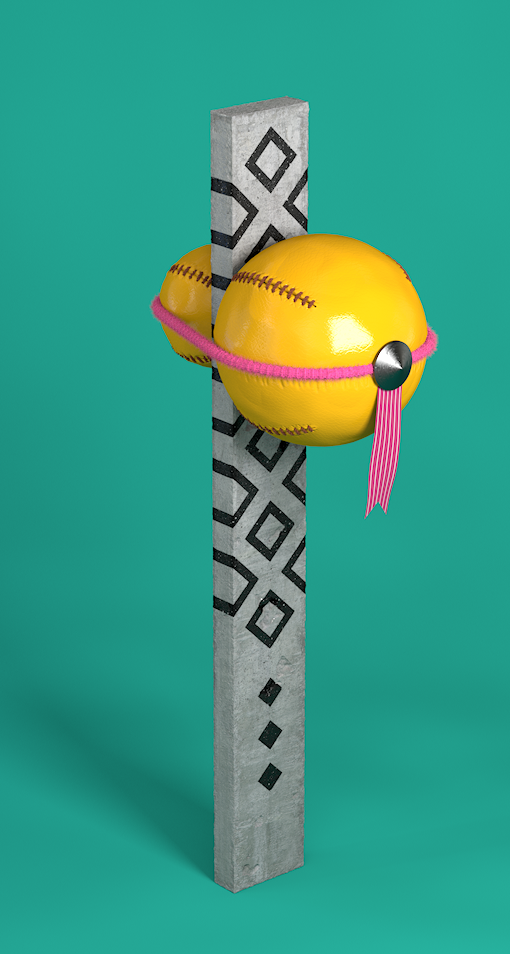Don't get a job, make a job is out - it's £5.50 on Amazon You don't necessarily have to go through the traditional process of interviewing and being employed to find success
The future isn't just about new technologies, new inventions and whizzy mechanics - it's not just about new things for new people. In the short term, the future is about creating a better understanding of the now
Designers are future makers
We plan, draw, prototype things that don't yet exist
- Tomorrow's design is about people
- Human behaviour, how do people interact with spaces, interfaces and each other
- Experience (of the designer, the end user)
By spotting your own niches and needs, you can get start doing the work you're interested in without spending six months going through a traditional employment process.
Gavin Brown
Started as an arts graduate in newcastle, moved to NY and wanted to put on an exhibition couldn't afford a gallery so rented a hotel room for two weeks every person got their own keycard and got their own private view of the show you don't have to throw money at things, you can find different solutions for things
With the money gone, nothing is at stake; anyone can do what they want - brown for ny times 1994
Started out putting up shows in brighton, put up installations in toilets at brighton fringe festival 12 months later tiny tate exhibition
###Being a writer
In architecture there are tons of boxes to tick before you can work, defined by instuitutions and stiff that doesn't exist in writing, there's no barrier to entry magazine wanted to show a piece of furniture but didn't want to pay, so made a trade where they could feature it but I got to write an article
moved on from reporting about other people's work to pitching opinion pieces this led to being sent on trips around the word to talk to people and write
How do you compete among the increasing number of design graduates?
You don't "Get a Job" in the same way you don't "get a free lunch". You have to create your own opportunities and make the job you want to be doing.
Four examples from the book
Specialise or diversify?
- Specialising can be quite a scary thing, what if your specific skill isn't needed? But if you can establish yourself in one area you can wuickly become the go-to person and be in a godd position
- Diversifying can help you stay in business, if one area goes down, you can fall back on something else. Also creative balance can be helpful.
 Fabrice de Nezet (Oh look another white dude), Fashion for concrete. Developing a style that is instantly recognizable as yours can be a good thing. Allow your work to develop slowly from the previous one, repetition can be a positive measure
Fabrice de Nezet (Oh look another white dude), Fashion for concrete. Developing a style that is instantly recognizable as yours can be a good thing. Allow your work to develop slowly from the previous one, repetition can be a positive measure
WAI Architecture think tank (what exactly is a think tank again?) Garcia Frankowski, Intelligentsia. (It's all the same two people, they do architecture, writing, curation, art, design). WAI Website
- The good thing about specialisms is that you can make it up
 Jose Garrido (Yay white dudes). Won a packaging design contest for coffee (I think design contests are bullshit) also created a typeface which he won an award for on behance (not a fan of behance). Quit art school and is now doing comissions for companies like Nike, Volkswagen. Jose Garrido Behance
Jose Garrido (Yay white dudes). Won a packaging design contest for coffee (I think design contests are bullshit) also created a typeface which he won an award for on behance (not a fan of behance). Quit art school and is now doing comissions for companies like Nike, Volkswagen. Jose Garrido Behance
Mega. Managed to get a position as art director by creating his own publication (NYC Rules!). Mega Website
Bureau Spectacular Bureau Spectacular Website
#dontgetajobmakeajobFakeCV